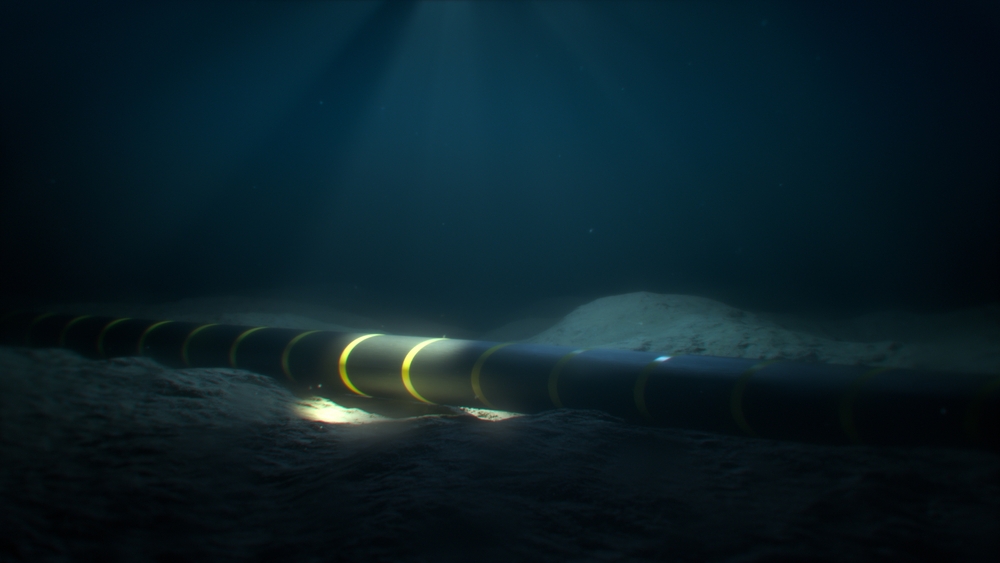The affected cable belongs to a Latvian entity.
Others are reading now
Underwater infrastructure plays a crucial role in global communications. Submarine cables connect continents, carrying vast amounts of data between nations.
These cables support internet traffic, financial transactions, and government communications. Any disruption can have serious consequences.
In recent years, concerns over their security have increased, especially in regions with rising geopolitical tensions.
Also read
Close Contact With Latvia
Swedish Prime Minister Ulf Kristersson announced that at least one undersea data cable linking Sweden and Latvia has been damaged.
He confirmed the incident on social media, stating that the affected cable belongs to a Latvian entity.
He also mentioned that Sweden has been in close contact with Latvia regarding the situation, according to Digi24.
Authorities in both countries are investigating the cause of the damage. Sweden, Latvia, and NATO are working together to assess the situation.
Kristersson stated that Sweden would provide resources to assist in the investigation.
No immediate details were given on the possible cause of the damage or its impact on communications.
This incident follows similar cases in the Baltic Sea. In November, two other undersea cables were damaged. One connected Sweden and Lithuania, while the other linked Germany and Finland.
The Swedish Navy identified a Chinese-flagged container ship near one of those incidents. Investigations into those cases are still ongoing.
Concerns over the security of submarine infrastructure have grown in recent months. NATO has taken steps to strengthen the protection of critical undersea systems.
In January, the alliance announced a mission to improve security measures for underwater cables and pipelines.
Governments across Europe are paying closer attention to undersea infrastructure vulnerabilities. Several countries have increased surveillance efforts to monitor activity around key communication lines.
While natural causes such as underwater landslides or seismic activity can damage cables, some incidents have raised concerns over potential sabotage.


